#NbS
Nature-based Solutions
The power of forests at the heart of global decarbonization.
In times of great technological advances, it is almost ironic to realize that trees remain the most powerful machines ever created to sequester carbon, regulate the water cycle, and nurture biodiversity. Collectively, they hold the key to sustaining our very existence on this planet. Nature-based Solutions (NBS) are strategies that leverage environmental processes and resources as allies in tackling climate change while directly addressing environmental, social, and economic challenges.
According to scientific studies, NBS are fundamental mechanisms for humanity to overcome the climate crisis. By 2030, one-third1 of Greenhouse Gas (GHG) reductions will need to come exclusively from Nature-based Solutions. Moreover, the benefits of conserving and restoring biomes must not be considered solely in terms of GHG reduction. The Amazon Rainforest alone is home to at least 25% of the planet’s known biodiversity, with many species yet to be identified. Research found that between 2013 and 2015, a new species was discovered in the Amazon every two days on average, totaling 381 new discoveries during this period2.
1 Griscom et al. (2017)
2 National Geographic (https://www.nationalgeographicbrasil.com/novas-especies-sao-descobertas-na-amazonia)
Biodiversity Study - Ateles REDD+ Project
That’s why we, at Ambipar Environment, believe it is crucial to mobilize economic incentives where the planet needs them most, ensuring a sustainable future for the next generations. For this reason, we develop projects aimed at reducing GHG emissions through forest and coastal area conservation, as well as low-carbon agriculture. Additionally, we work on biome recovery through reforestation and ecological restoration initiatives.
Through a multidisciplinary team with extensive technical expertise, our NBS projects adhere to the most up-to-date international methodological criteria and are aligned with renowned initiatives promoting the integrity of environmental assets, such as the Core Carbon Principles, from the Integrity Council for the Voluntary Market (ICVCM). In recognition of our work, we have been elected the world’s best forest carbon project developer four times by Environmental Finance Magazine.
Manoa Waterfall - Manoa REDD+ Project
OUR NBS DEVELOPMENT CATEGORIES
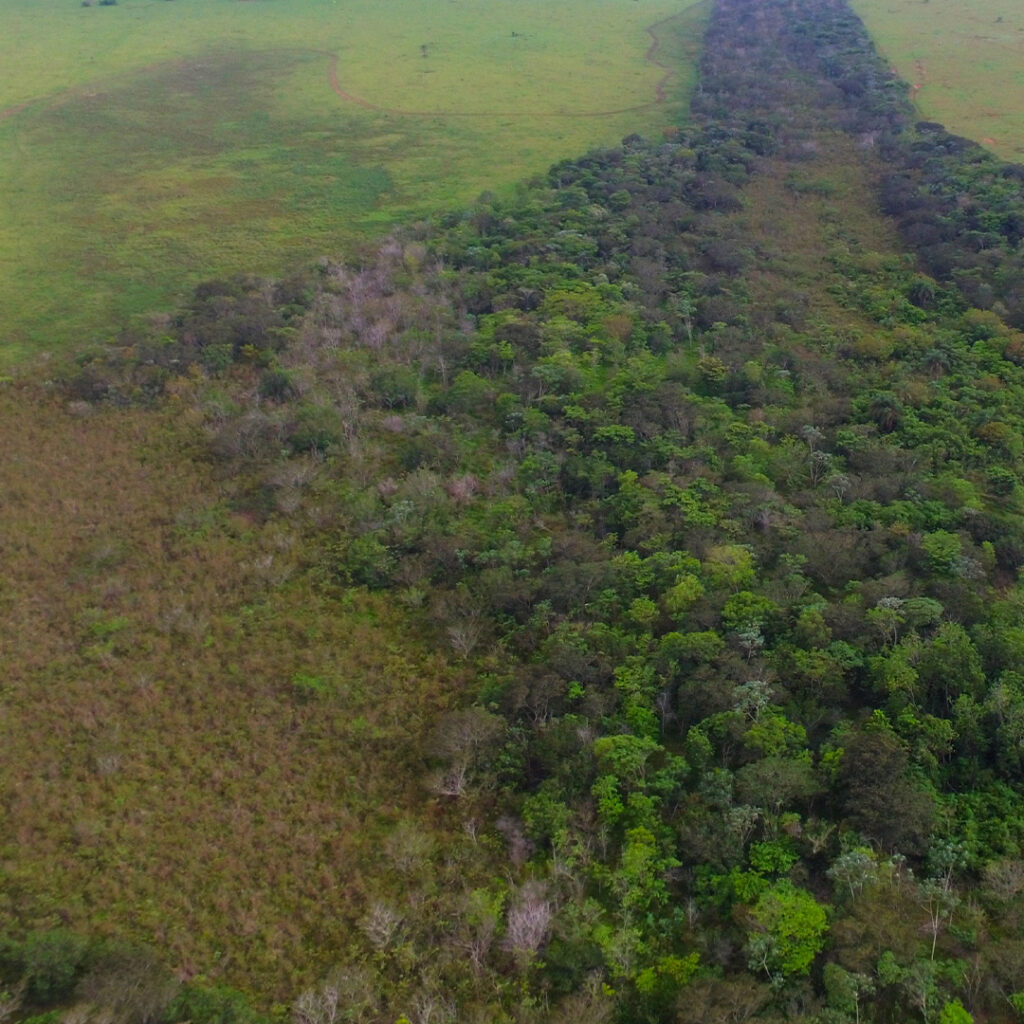
ARR
Afforestation, Reforestation and Revegetation
An approach that generates carbon credits through the planting of new trees in areas where there was no forest (afforestation) and in areas that have been deforested (reforestation), recovering or creating a new forest. Both practices accumulate carbon in the biomass, improve the environmental quality of farms, and ensure higher productivity.
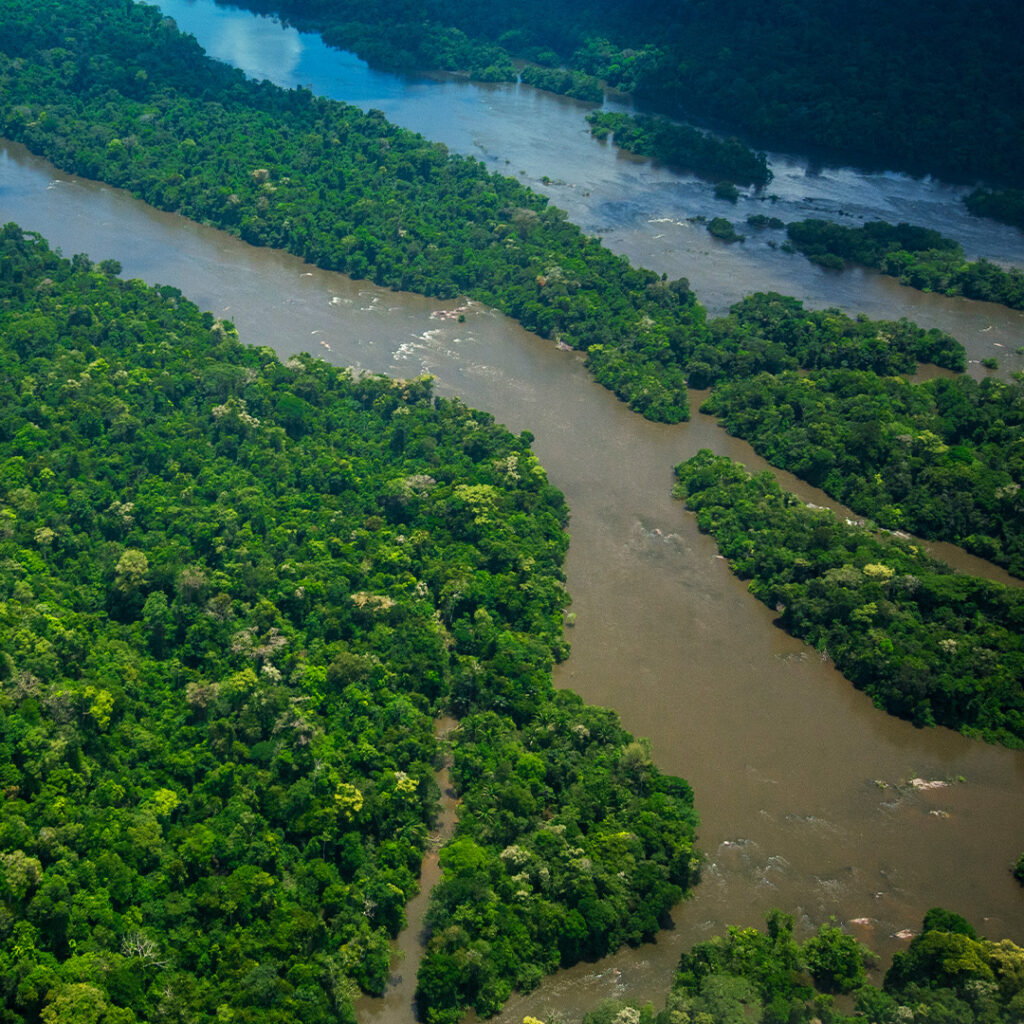
REDD+
Reduced Emissions from Deforestation and Degradation
An approach that generates carbon credits through actions to combat deforestation and forest degradation, combined with social, climate, and biodiversity activities. Emission reductions from Deforestation and Forest Degradation (+) conservation of forest carbon stocks, sustainable forest management, and increase in forest carbon stocks.
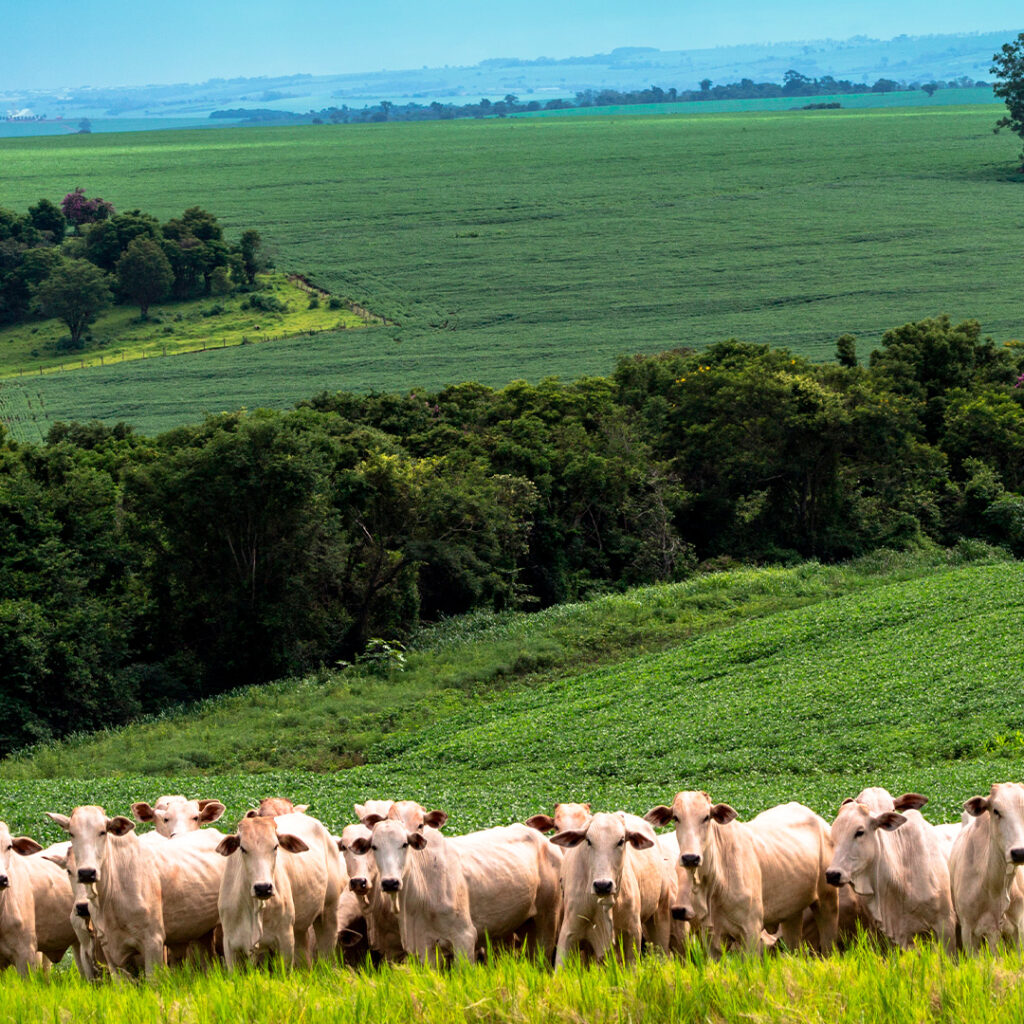
ALM
Agricultural Land Management
An approach that generates carbon credits in agricultural and livestock production areas. Through improved management practices, it is possible to enhance soil quality and carbon storage. These activities intensify agricultural production, adding the economic value of environmental services in the countryside.
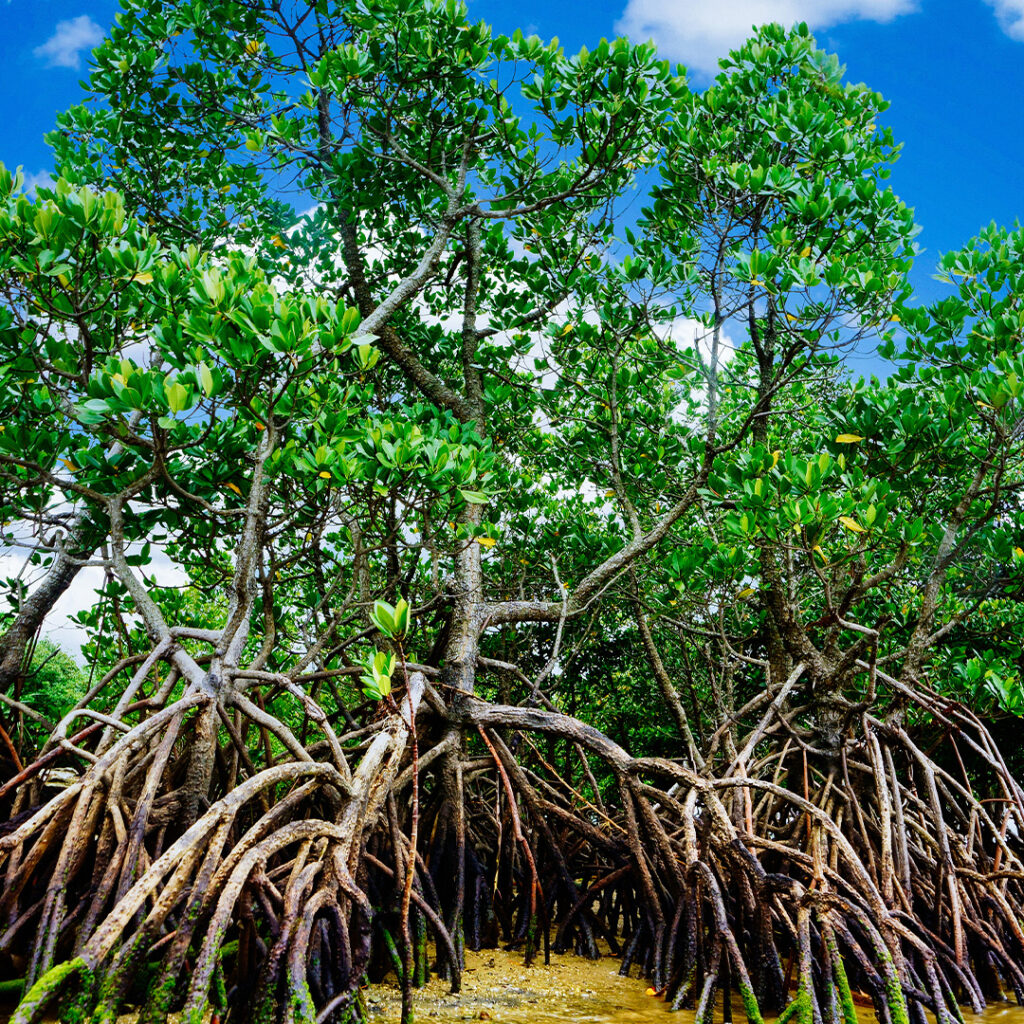
BLUE CARBON
Wetlands Restoration and Conservation
An approach that generates carbon credits through the conservation and restoration of coastal ecosystems or tidal wetlands, such as mangroves, marshes, apicuns, and seagrass meadows.
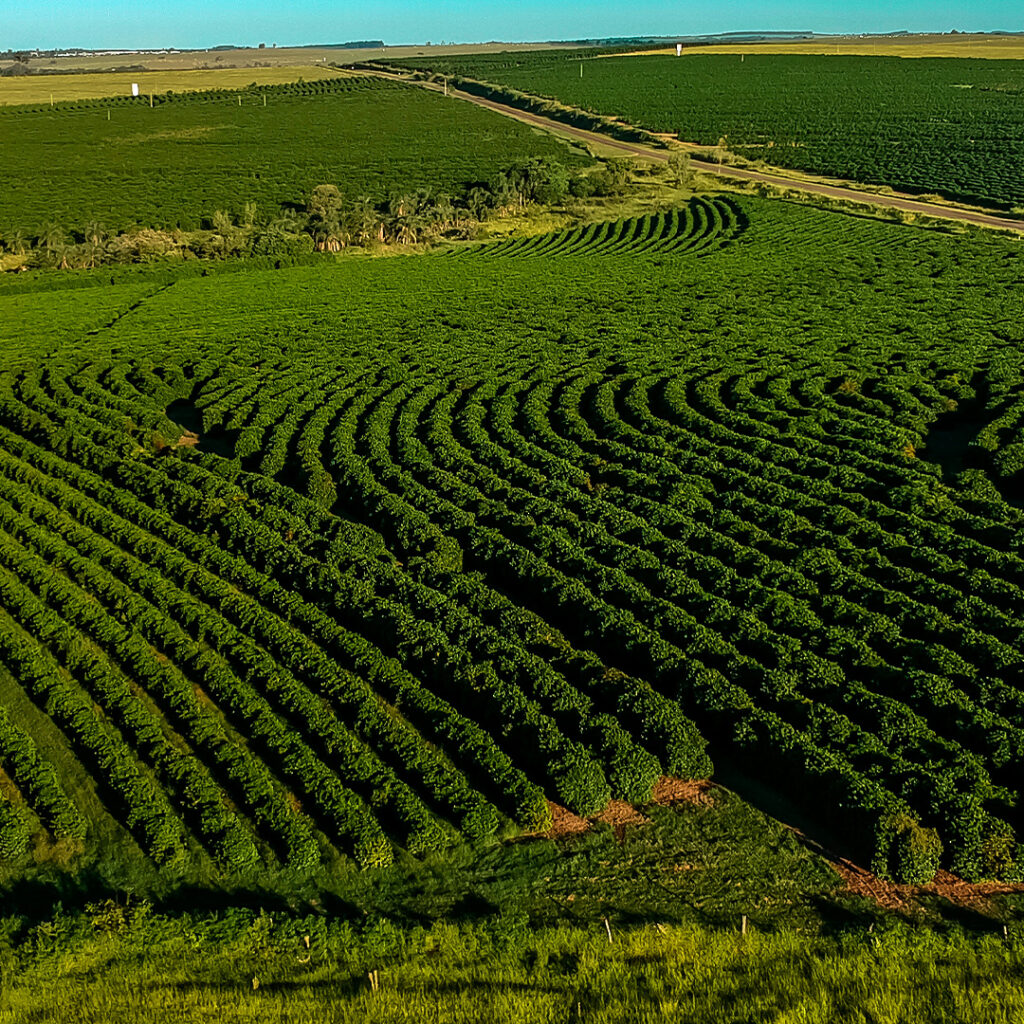
LRC
Legal Reserve Compensation
For rural properties with a legal reserve deficit and non-compliance with the new Forest Code, Legal Reserve Compensation is the best cost-benefit solution without losing productive areas. Ambipar Environment is a national reference in the legal reserve compensation market and has the largest forest bank in all modalities, states, and biomes.
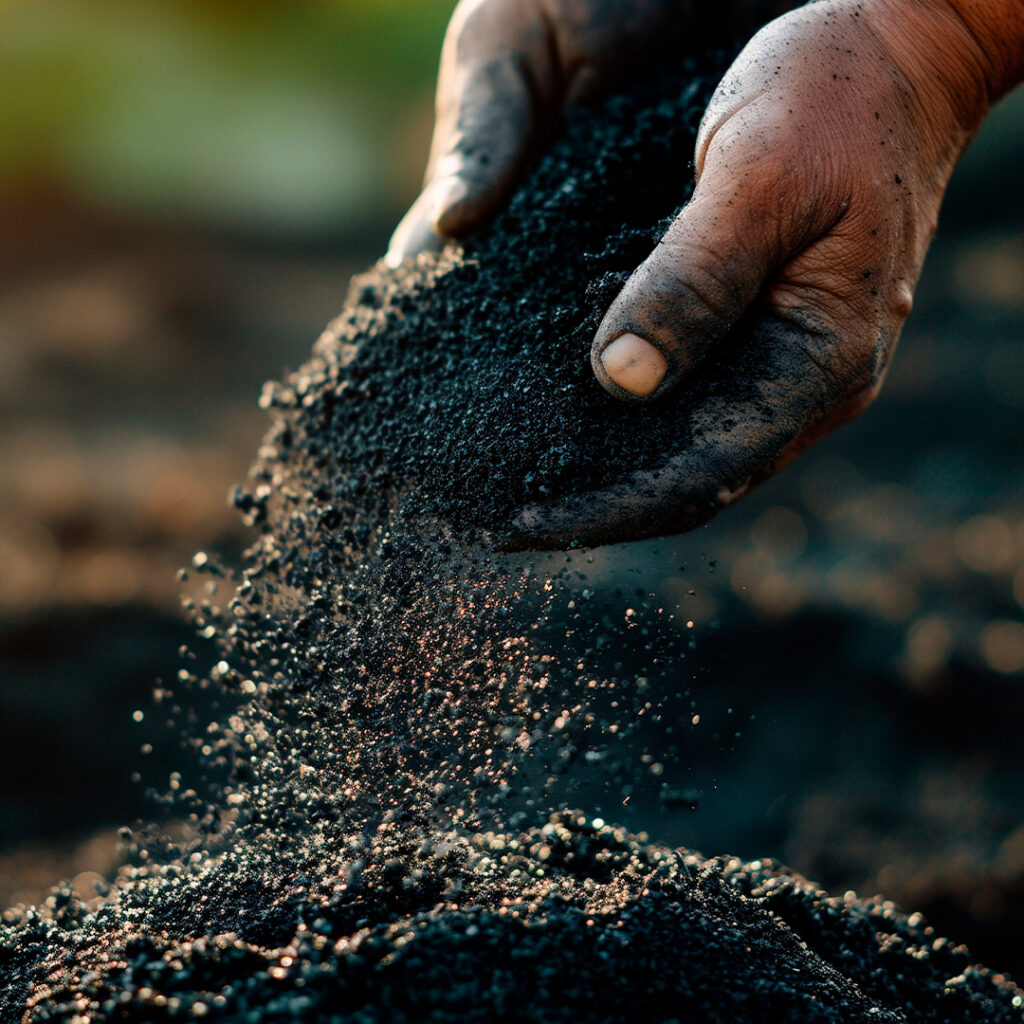
BIOCHAR
Biomass and Charcoal
An approach that generates carbon credits through the production and application of biochar in agricultural soils (or other non-energy uses) with CO2 removal from the atmosphere. Biochar produced from sustainable biomass residues is a soil conditioner that brings physical, chemical, and biological benefits, resulting in increased productivity and profitability.
Contact us and consult one of our specialists. Let’s take care of our planet together.
office
Av. Angelica, 2330
Ed. New England - 5th floor
Higienópolis, São Paulo - SP
PRESS
Send an email to: mkt.decarbon@ambipar.com


